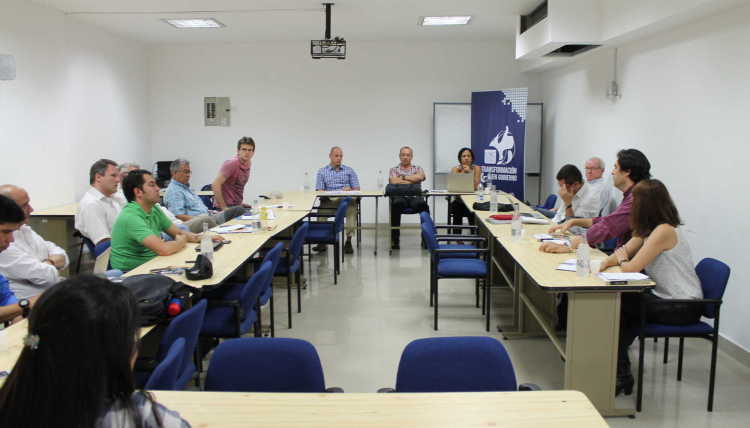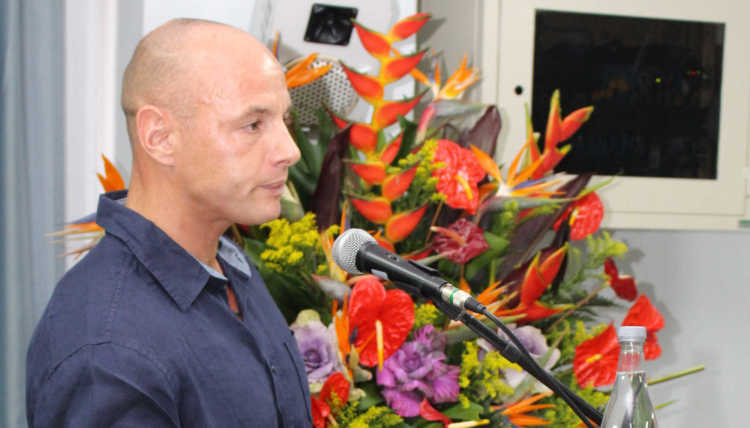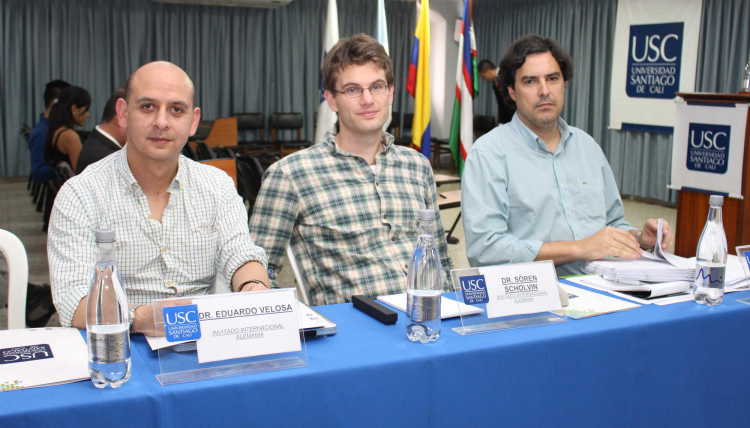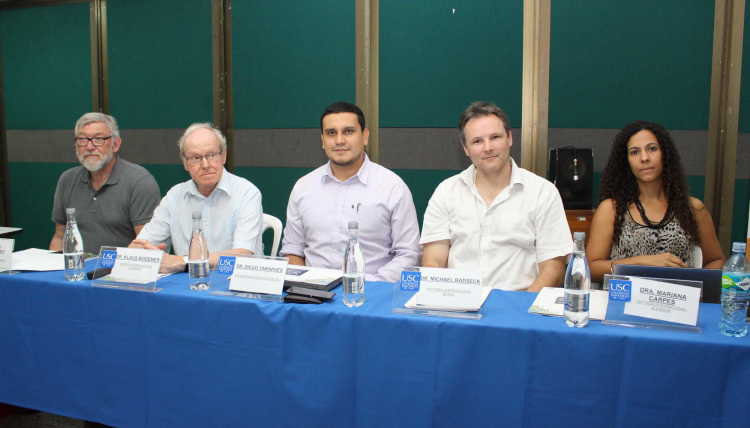Event | 20/09/2015
Colombia and Brazil: An Ambivalent Relationship
Despite its economic crisis, regional power Brazil continues to dominate in South America. How does Colombia respond to that? Researchers discussed this at an international conference in the Colombian city of Cali.
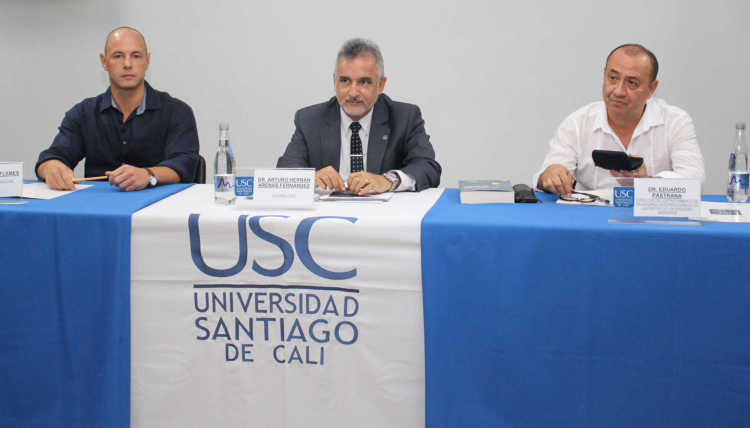
Despite the financial crisis in Brazil, the regional power’s political and economic influence in South America remains considerable. What strategies is Colombia, the significant secondary power, developing in response? This question was the focus of an international conference in the Colombian city of Cali at the beginning of November which the GIGA participated in. Researchers from Brazil, Colombia, and Germany also discussed what forms of cooperation, competition, and conflict exist between the two countries – as well as the geopolitical consequences. Dr. Daniel Flemes, a senior research fellow at the GIGA Institute for Latin American Studies, said, “On the one hand, the apparent ending of the conflict in Colombia increases the country’s chances of again taking on a leading role in South America. On the other hand, we can expect that the political spectrum of the post-conflict society will shift to the left and thus be closer to the Brazilian mainstream. At the same time, the financial crisis is increasing the pressure on Dilma Rousseff’s PT government in Brazil to liberalise, which would also mean increased convergence between Mercosur and the Pacific Alliance.” The conference was organised by the Pontificia Universidad Javeriana in Bogotá, the USC Universidad Santiago de Cali, and the GIGA. It was part of the DAAD-funded project “Colombia in Light of Brazil’s International Power Projection: Analyzing the Potential of Cooperation, Competition and Conflict.”
